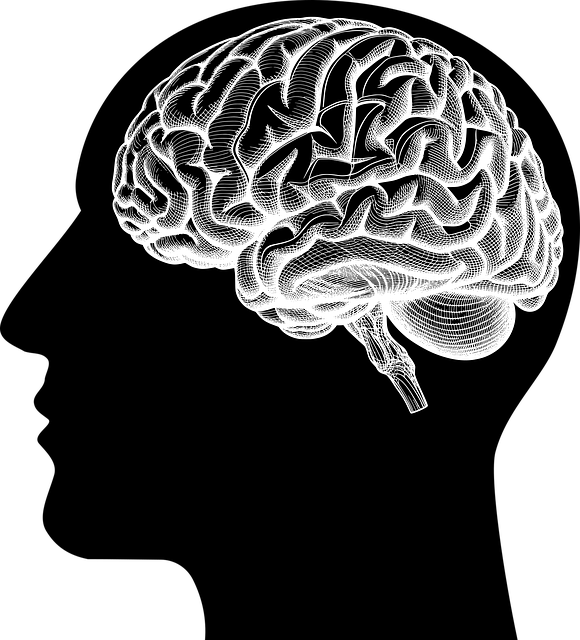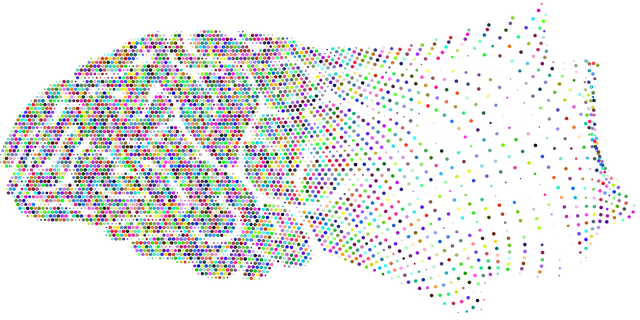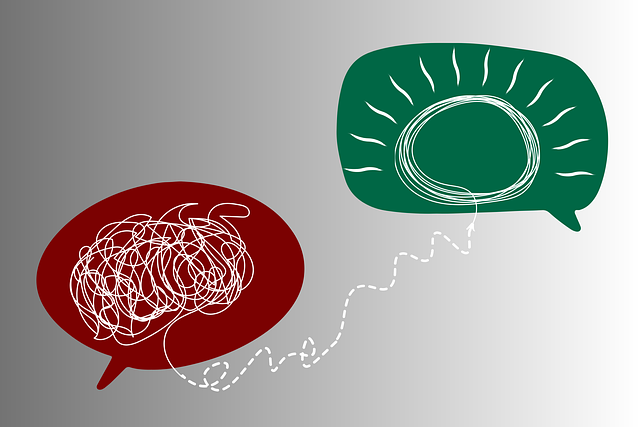Integrating Centennial Alcohol Abuse Therapy with social skills training is a innovative mental health approach addressing the link between social interaction and wellness. This method, emphasizing communication, empathy, and connection, targets overlooked aspects in traditional therapy for anxiety, depression, and substance use disorders. Through SST, individuals learn techniques like assertiveness and emotional regulation to confidently navigate social situations without relying on alcohol. Combining this with evidence-based practices such as CBT and mindfulness strengthens resilience, fosters a sense of belonging through peer support, and promotes lasting recovery in Centennial Alcohol Abuse Therapy.
Social skills training is a powerful tool in managing mental health conditions, especially in cases of Centennial Alcohol Abuse Therapy. This approach aims to improve interpersonal interactions and emotional well-being, addressing the often-overlooked social aspect of healing. The article explores the connection between social skills and mental health, delves into its application in alcohol abuse treatment, and offers strategies for lasting behavioral change. By understanding these dynamics, individuals can navigate social situations more confidently and foster healthier relationships.
- Understanding the Link Between Social Skills and Mental Health
- The Role of Social Skills Training in Treating Alcohol Abuse
- Implementing Effective Strategies for Lasting Change
Understanding the Link Between Social Skills and Mental Health

In the realm of mental health support, addressing social skills training is a game-changer, especially when coupled with evidence-based practices like Centennial Alcohol Abuse Therapy. The link between one’s ability to interact socially and their mental wellness is intricate and profound. Effective communication, empathy, and social connection are integral components of overall well-being, yet they often go overlooked in traditional therapy models. This oversight can be detrimental, especially for individuals battling conditions such as anxiety, depression, or substance use disorders.
The development of mental wellness coaching programs that focus on these social skills is a promising approach. By integrating Self-Care Routine Development for Better Mental Health into therapy, professionals can empower clients to build healthier relationships and navigate social environments with increased confidence. Moreover, a thorough Risk Assessment for Mental Health Professionals is crucial to ensuring safety and effectiveness in these training programs, enabling therapists to create supportive spaces that foster growth and healing.
The Role of Social Skills Training in Treating Alcohol Abuse

Social Skills Training (SST) plays a pivotal role in addressing and treating alcohol abuse, especially in cases where it co-occurs with mental health conditions like depression. Centennial Alcohol Abuse Therapy integrates SST to help individuals develop healthy interpersonal interactions, which can be significantly impaired by prolonged substance abuse. By learning effective communication strategies, assertiveness, and emotional regulation techniques, clients gain the confidence to navigate social situations without relying on alcohol as a crutch.
This therapeutic approach extends beyond the therapy room, empowering individuals with practical tools for stress management and depression prevention. The Mental Wellness Journaling Exercise Guidance, for instance, encourages clients to reflect on their emotions, triggers, and coping strategies, fostering self-awareness and resilience. Ultimately, SST equips individuals with a diverse toolkit to navigate social environments, enhancing their mental wellness and reducing the likelihood of alcohol abuse relapses.
Implementing Effective Strategies for Lasting Change

Implementing effective strategies for lasting change is paramount in social skills training, especially when addressing mental health conditions like Centennial Alcohol Abuse Therapy. At the core of successful transformation lies a multi-faceted approach that combines practical techniques with emotional support. Mental Health Education Programs Design tailored to this context should not only teach new behaviors but also empower individuals to cultivate inner strength and develop confidence.
By integrating evidence-based practices, such as cognitive behavioral therapy (CBT) and mindfulness exercises, participants can gain valuable tools to navigate social situations more effectively. Additionally, fostering a sense of belonging through group interactions and peer support networks reinforces the skills learned, creating an environment conducive to sustained recovery and improved mental health. Enhancing self-awareness and interpersonal communication skills contributes to building resilience, enabling individuals to face challenges with greater confidence and adaptability.
Social skills training plays a pivotal role in enhancing mental health and recovery, especially for conditions like alcohol abuse. By understanding the connection between social interactions and well-being, programs such as those offered at Centennial Alcohol Abuse Therapy can effectively treat and prevent relapse. Through targeted strategies, individuals gain the confidence to navigate social situations, fostering better connections and improved mental resilience. This holistic approach ensures lasting change, empowering individuals to thrive in both personal and professional settings.












